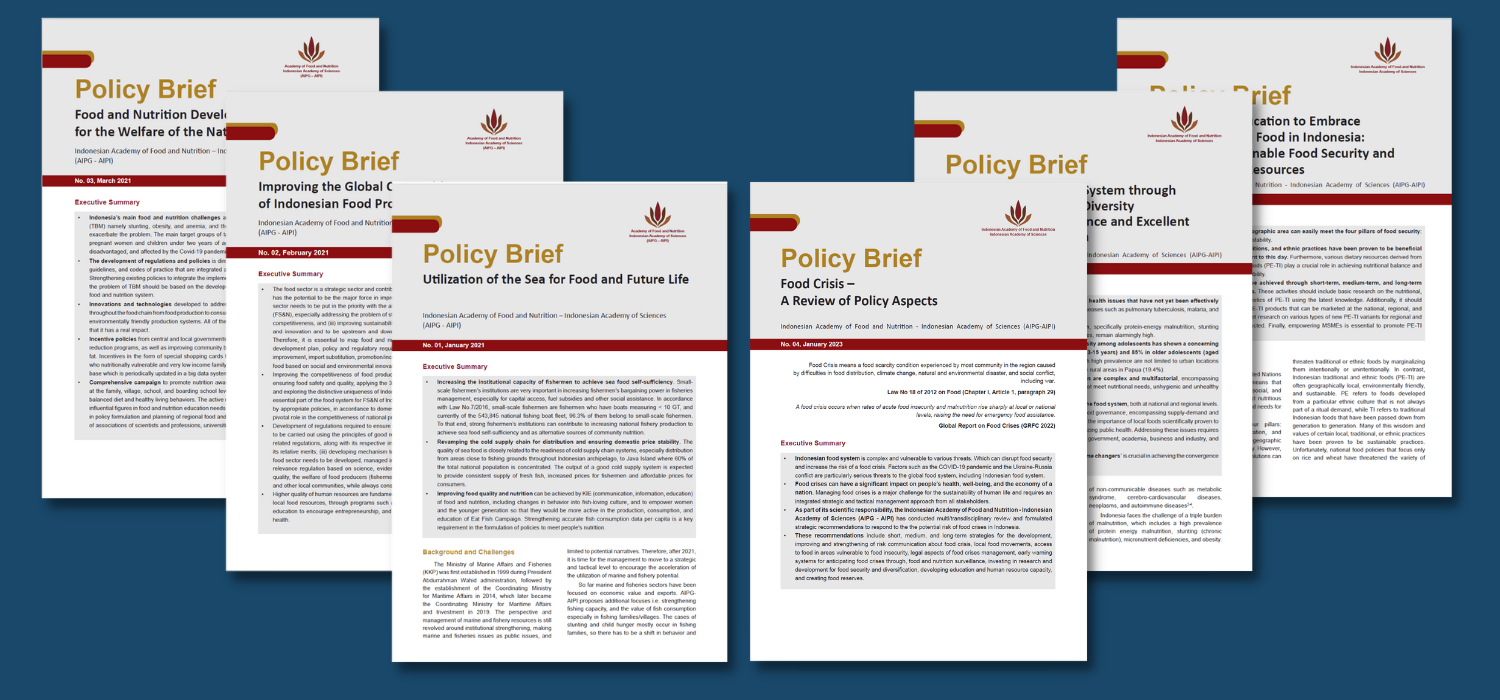SEED FUNDING JOINT PROGRAMMES
Egypt
Strengthening Sustainable and Resilient Food and Nutrition Systems in Egypt for SDG Acceleration




PROJECT TITLE | Strengthening Sustainable and Resilient Food and Nutrition Systems in Egypt for SDG Acceleration |
| Context | Egypt engaged actively in the 2021 Food Systems Summit process, convening a national dialogue and developing national pathways with recommended interventions for improving food security and nutrition by 2030. To enhance multi-sectorial coordination and spearhead the transformation process, the Government created a National Committee for Food and Nutrition Systems chaired by the Prime Minister and bringing together several ministries to coordinate joint actions. Strengthening coordination mechanisms, fostering multi-stakeholder partnerships, consolidating accountability structures, focusing on the availability of evidence, analysis, and data, are identified as key priorities to strengthen the food systems governance structure in Egypt. |
| PUNOs | WFP, FAO, UNICEF |
| Contribution to SDGs | SDG 2 Zero Hunger, SDG 3 Good Health and Well-being, 12 Responsible Consumption and Production. |
| Contribution to other SDG transitions | Climate, biodiversity, pollution |
| Duration | June 2024 – May 2025 |
| Expected financial leverage | $87,000 (PUNO co-financing) |
| Alignment with SG Call to Action | Policy integration; Food systems governance; Research, data, technology and innovation; Inclusive and participatory design; Private sector engagement |
| Outcomes | The JP contributes to strengthening policy and governance frameworks for food systems transformation and generating evidence and analysis on key dimensions of food systems to inform decision-making, supporting the work of the National Committee for Food and Nutrition Systems. The JP complements the government’s flagship program “Country Platform for the Nexus of Water, Food and Energy”, which provides a mechanism to mobilize climate finance and private investments. |
| Partners |
|
| Outputs |
|
Indonesian Academy of Food and Nutrition – Indonesian Academy of Sciences Policy Briefs on Food and Nutrition Systems

19/06/2023
The Indonesian Academy of Food and Nutrition – Indonesian Academy of Sciences (AIPG - AIPI) has developed and shared six comprehensive policy briefs, addressing critical issues in the country's and global food and nutrition systems. These briefs provide valuable insights and recommendations for improving various aspects of the archipelagic country’s unique food and nutrition landscape.
- Utilization of the Sea for Food and Future Life: This brief highlights the importance of strong fishermen's institutions for enhancing their bargaining power and access to resources. It outlines the need for revamped cold supply chains for ensuring efficient distribution and domestic price stability. Additionally, it discusses the promotion of fish consumption through education and information initiatives as a crucial step for improving food quality and nutrition.
- Improving the Global Competitiveness of Indonesian Food Products: Recognizes the significance of the food sector in improving national food security and nutrition, this policy brief reviews recommendations on strengthening the country's global competitiveness through food safety and quality, promoting trade diplomacy, and developing regulations based on scientific evidence and data-driven research. The brief also emphasizes the importance of enhancing human resources and education along the food chain.
- Food and Nutrition Development for the Welfare of the Nation: This brief focuses on overcoming the triple burden of malnutrition (stunting, obesity, and anemia) and the impact of the COVID-19 pandemic. It suggests the development of standards, production guidelines, and codes of practice that are integrated and systemized in the field of food and nutrition. The brief also stresses the need for innovations and technologies throughout the food chain and incentive policies to reduce food loss and waste, restrict sugar salt, and fat, and promote nutrition awareness and healthy living at family, village, and school levels.
- Food Crisis – A Review of Policy Aspects: The document provides recommendations to prepare for potential risks of food crises in Indonesia, including short, medium, and long-term strategies for the development, improving, and strengthening of risk communication about food crisis, local food movements, access to food in areas vulnerable to food insecurity, legal aspects of food crisis, and early warning.
- Transforming the Food System through Reinforcing Local Food Diversity for Public Health Resilience and Excellent Generation of Indonesia: This brief addresses several growing national public health issues, including the high prevalence of infectious diseases, malnutrition, and obesity. It emphasizes the need for a functional and effective food system, good governance, and the utilization of local foods for optimizing public health. The brief also discusses the pivotal role of youth in driving positive change.
- Research and Education to Embrace Traditional Ethnic Food in Indonesia: Facilitating Sustainable Food Security and Healthy Dietary Resources: Highlights the benefits of traditional ethnic foods in achieving sustainable food security and healthy dietary resources. It emphasizes research, education, and the development of new products based on local wisdom and scientific knowledge. Empowering micro, small, and medium-sized enterprises (MSMEs) is seen as crucial for promoting the market development of traditional ethnic foods.
